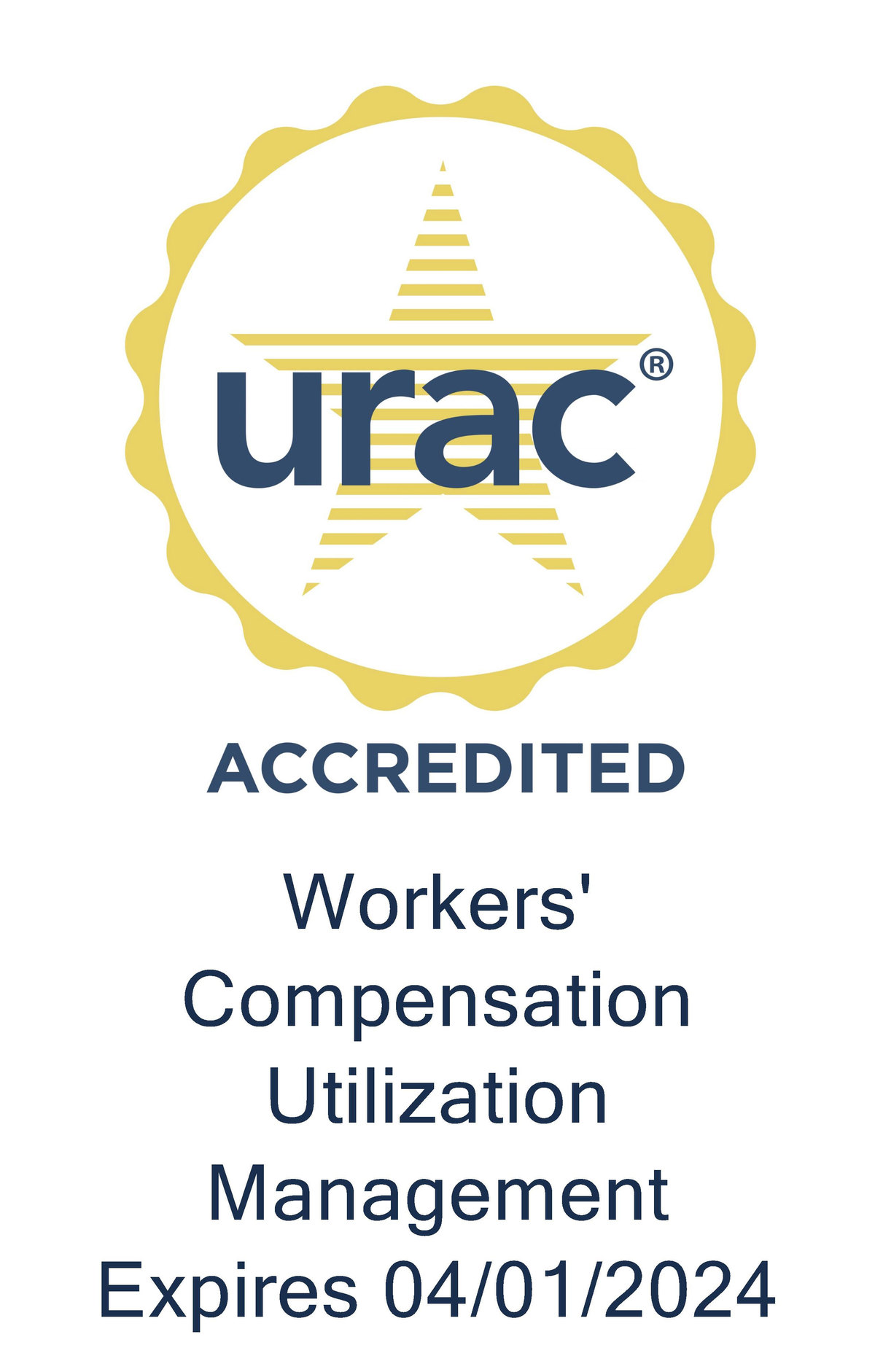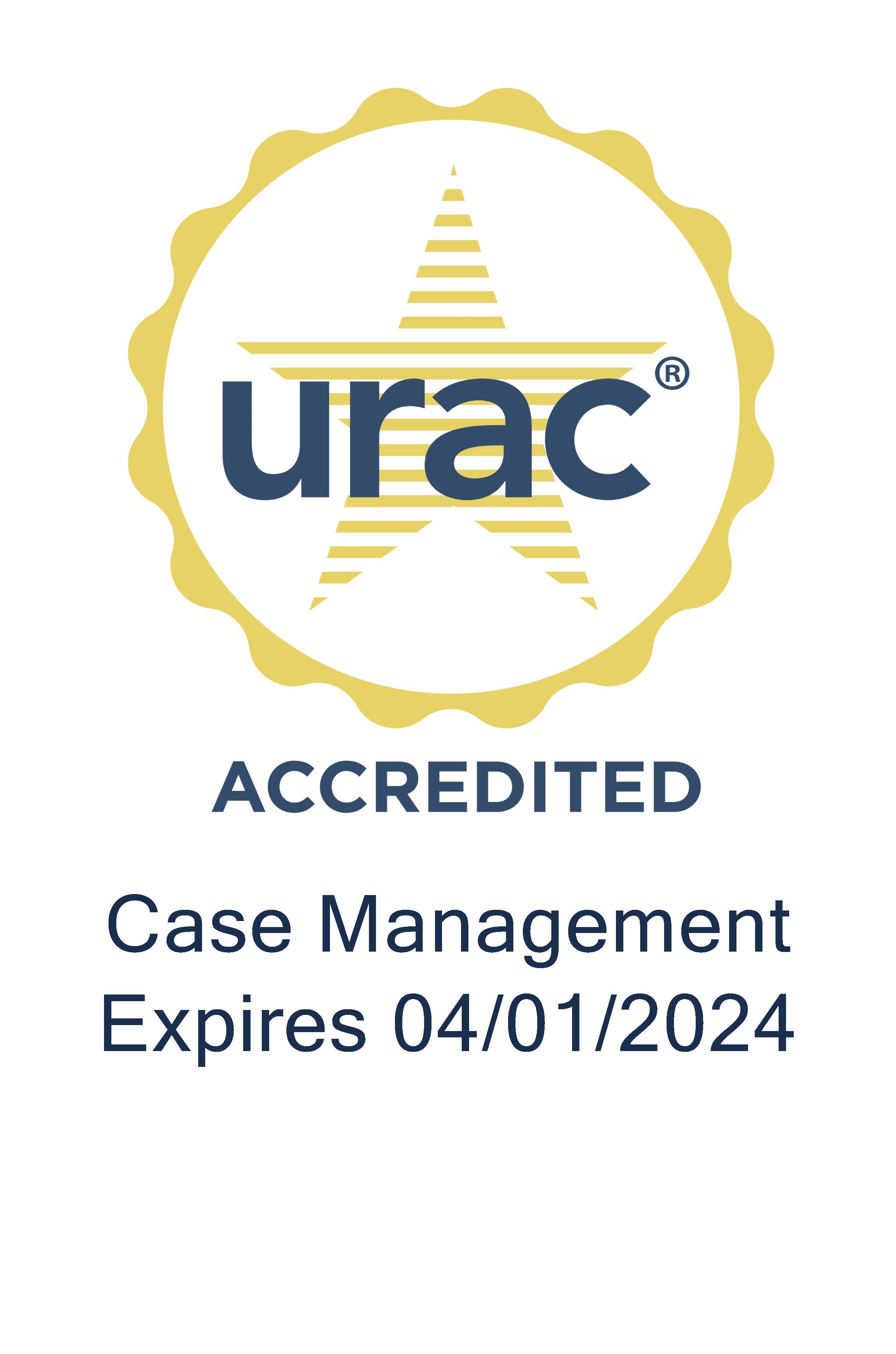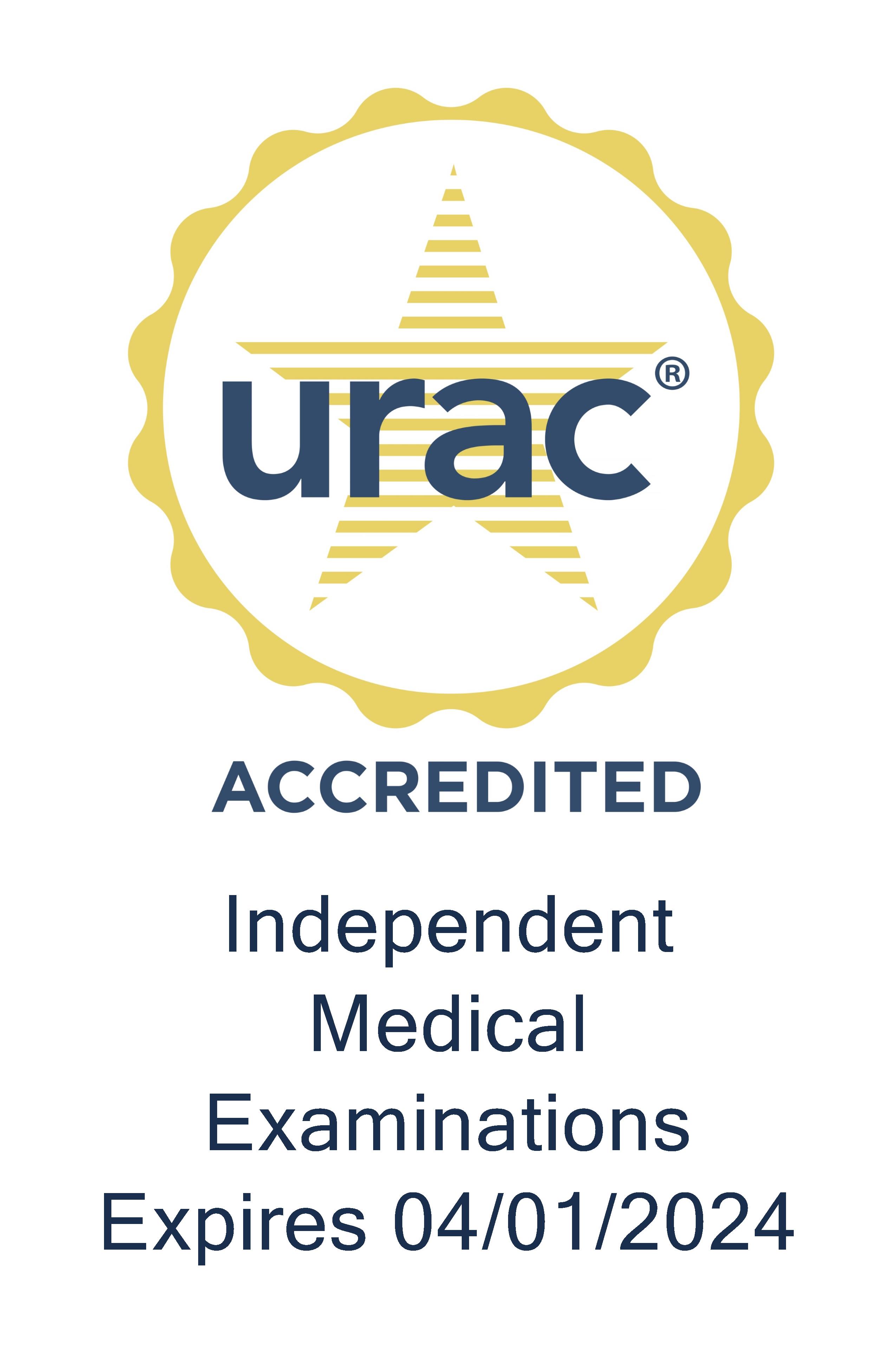Did you know if a worker gets injured in one state, but lives in another, he may be restricted from receiving case management services from a nurse in the state he resides? Genex’s Chikita Mann, MSN, RN, CCM, Branch Supervisor, raised this issue in a recent Professional Case Management column. She explains the ramifications of nursing state law restrictions and how they impact return-to-work and claim costs in our latest edition of Inside Workers’ Comp.
Tom Kerr (TK): I’m Tom Kerr. The Nurse Licensure Compact is designed to allow nurses to practice across state lines. The problem is, only half of all states in the U.S. participate in the compact, which can cause problems in workers’ compensation. Genex’s Chikita Mann recently wrote a column about this topic in the journal, Professional Case Management, and she joins us today to offer more insight.
Chikita, thanks for being here.
Chikita Mann (CM): It is very nice to be here. I appreciate this opportunity to speak today.
TK: How does the Nurse Licensure Compact affect workers’ comp?
CM: Well, one of the primary ways is that there may be an injured worker who may not end up having case management services, the benefit of someone to help them coordinate their medical treatment, because you may not have a nurse on your staff who has a license in that state.
The Nurse Licensure Compact is basically enabling nurses to be able to practice in person or provide telephonic case management services to patients located anywhere within the country without having to obtain additional licenses.
The main intent, primarily, with this compact was to address the nursing shortage and to also address emergency situations such as the aftermath of Hurricane Maria and with Harvey. We know that there was a lot of nursing professionals who were able to go to those areas and assist.
That was, basically, their original intent. However, as they start to do more investigation into each state nurse practice act, they realize that basically the duties of a telephonic case manager were also viewed as nursing services, and so that is the reason why it is starting to build momentum in telephonic case management, and definitely workers’ comp case management.
So, I feel that the impact is more on the injured worker and, to a certain degree, the cost of the claim, because if things are not being done orderly, then that could end up increasing the cost of the claim, and the patient could end up not getting the appropriate, timely medical treatment that they need.
TK: OK, so prior to the compact coming into play, nurses were restricted to only working in the states where they actually held a license, correct?
CM: Yes, what you had to do was actually apply to that state board of nursing to get another license, which if you're a telephonic case manager, that can get kind of costly.
Now, a lot of insurance companies, they are not aware of that. I'll use the example of the states of Georgia and South Carolina — you have an area where if you just go across the bridge, you're in South Carolina, or you go across the bridge the other way and you're in Georgia. If that case manager does not have, say, a license for the state of South Carolina, she's not aware of the intricacies of what that injured worker has available to them, and the things that she can or cannot discuss with that injured worker.
If a case manager decided “I'm just going to go ahead and help them,” there may be legal ramifications of stepping forth that he or she may not be aware of when trying to coordinate that medical treatment.
TK: Why are some states reluctant to join the compact?
CM: For a number of them, more than likely there will have to be some revisions to their nursing practice act — which may have been in place for 50 years, 75 years — and some of them do not want to go through that process. Some states see the benefit of it. So, it has to be more education, areas to help each state board of nursing to be able to see the benefit of them joining the Nurse Licensure Compact.
TK: Are you seeing more states join the compact now, or has it leveled off?
CM: Well, there's starting to be a slight uptick in states that are becoming a part of the Nurse Licensure Compact. And again, I think part of the reason why you're starting to see this little uptick is mainly because of telephonic case management. You have a lot of companies, actually helping to champion the call of states joining the Nurse License Compact. So, we're starting to have also some unlikely allies, because this is going to help provide good, quality case management and also provide protection for the nurse and for the injured worker.
TK: Thanks, Chikita. In our next Inside Workers’ Comp will discuss how you can uncover hidden insights in your bill review data. Until then, thanks for listening






